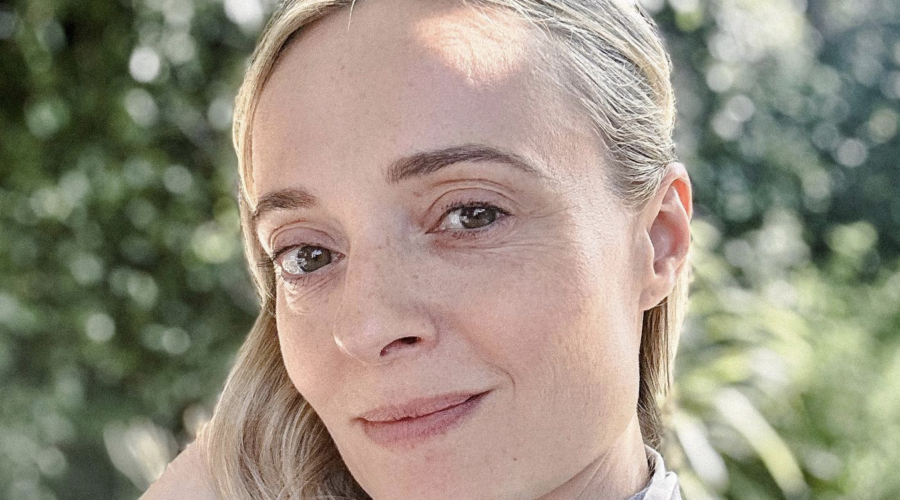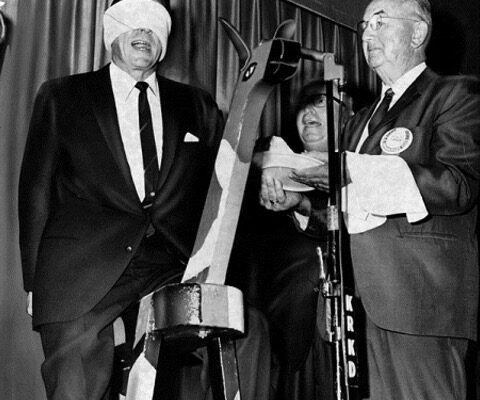On making crumbles in a time of war.
I have been finding it increasingly difficult to do…well, just about anything these days. I know I’m not alone. The horror, the grief, the paralysis, the need to carry on with the obligations of everyday life that are wearing at the best of times (I’m looking at you, packed lunches), never mind in times of cataclysmic devastation. I’ve spent a more than usual amount of time in bed, and not just because a mysterious illness left me with vertigo for several weeks.

What’s happening right now is rattling our cells, awakening every epigenetically transmitted memory of war, violence, destruction, displacement, severance, grief, and loss—whether we know it consciously or not. Given the magnitude, it’s a wonder any of us can still stand. “When the world is on its knees, who am I to be on my feet?”

The following poem began as a piece of prose for this space, and quickly morphed into verse. I’m not surprised. At moments when words might otherwise fail us, verse seems to reach in with loving hands and catch each tumbling, disordered phrase as it falls, lifting them up again, reordering them, and giving them a place to rest that — though perhaps unexpected at first —when viewed from above and taken in as a whole, becomes as a mandala: helping to make sense of the otherwise unfathomable.
“Why are you making so many crumbles?” my daughter asks.
Strains of God Rest Ye Merry Gentlemen drift to mind by way of explanation:
comfort and joy, comfort and joy, oh.
When the world is on its knees,
it’s hard to get out of bed.
When the world is on its knees,
who am I to be on my feet?
Sometimes, the simplest task is all we can muster,
sometimes the simplest task is the medicine we need —
put careworn hands to work,
“chop wood, carry water” becomes
“chop apples, rub butter into flour”,
eat brown sugar from the bag,
let sweetness melt like snow
on a tongue tired of talking.
Crush a clove — just one —
pound it with something heavy,
let it be made of glass, if you dare.
Maybe it will shatter,
maybe that would be fitting.
Simmer cinnamon, pinch ginger,
stop trying to hold your head up,
let it hang over the pot,
let steam fill your lungs,
feel the gentle pressure
expanding those chambers of grief.
Then offer it all to the inferno,
let extreme heat come to bear,
forcing change at the molecular level.
And when it re-emerges,
blasted, but recognizable,
burnt at the edges, and oozing in the middle,
plunge a spoon into the heart of it,
and thank God for small pleasures.
Here’s a reading of it that I posted on Instagram. I’m sitting close to the ground, as near to the fire as I could get without being in it — wanting warmth and light, but also letting conflagration be a meditation.
EMMA CAMPBELL WEBSTER writes “Letters from Los Angeles, notes from an Oxford-educated English writer on the uncommon, peculiar, and occasionally magical experience of life in the City of Angels. It appears weekly at substack.com.





